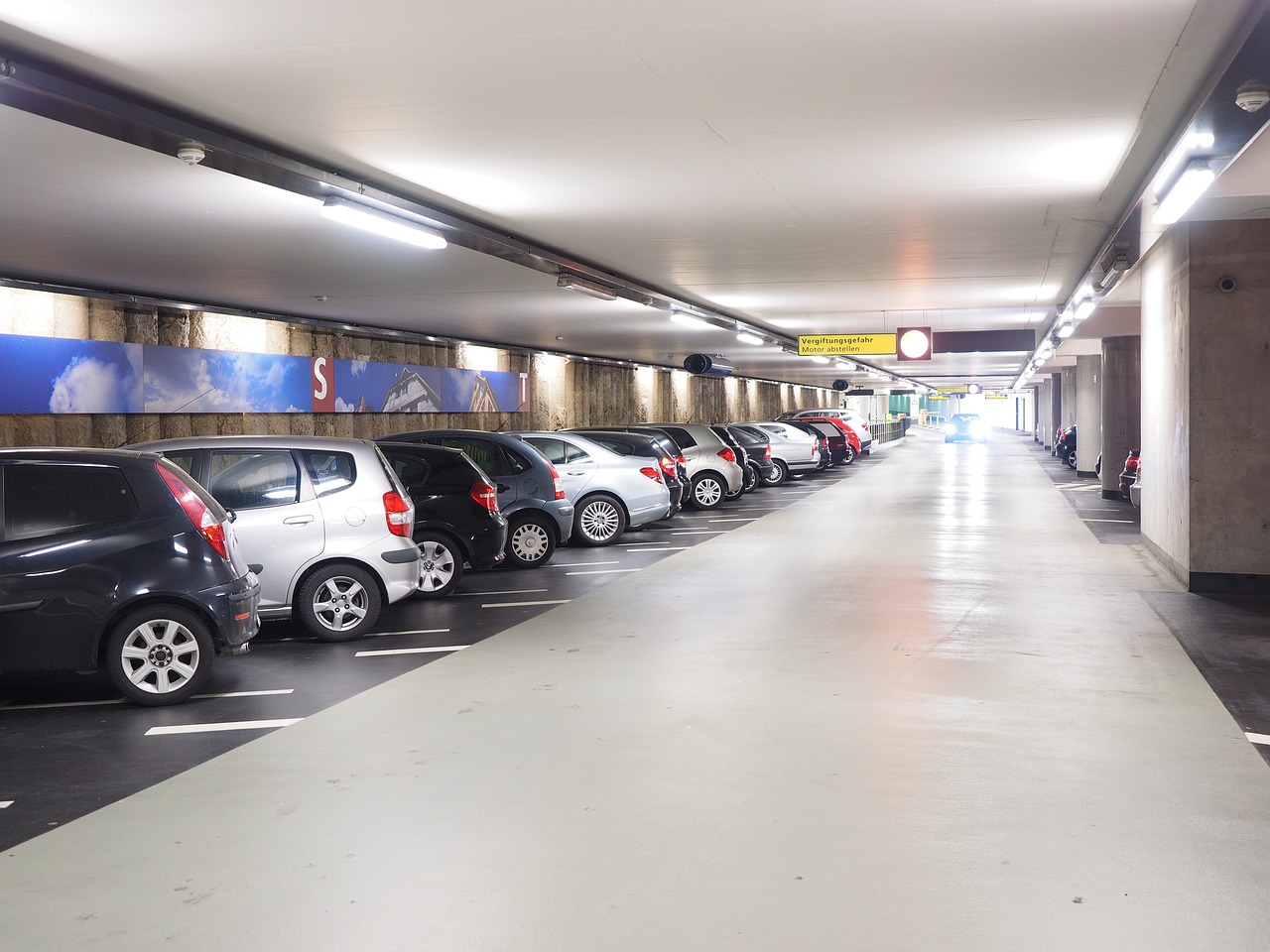Maharashtra government has announced a new regulation that will bar the registration of any new private vehicle unless the buyer provides valid proof of an allotted parking space.
This unprecedented step is set to reshape urban transport and land-use planning in one of India’s most densely populated regions, signalling a significant policy shift towards sustainable urban mobility. The announcement was made following a high-level meeting on the state’s evolving urban parking policy. Officials confirmed that no new private vehicles would be registered by the transport department unless applicants furnish a formal certificate of parking space allotment, issued by the respective municipal corporation or civic body. This policy will initially be enforced in the Mumbai Metropolitan Region (MMR), where unregulated vehicle ownership has outpaced the available infrastructure, particularly designated parking facilities.
According to senior officials from the transport department, the new policy is not merely punitive but is rooted in a long-term vision for an eco-conscious, efficiently mobile, and more liveable Mumbai. The move is intended to curb unrestrained vehicle growth, discourage the use of private vehicles, and promote public and shared modes of transport as part of a broader zero-carbon mobility plan. Urban development authorities in Maharashtra have raised serious concerns over the dramatic increase in private vehicle ownership in metropolitan areas, particularly in Mumbai where space is at a premium. With over 45 lakh registered vehicles in the city and thousands added each month, public spaces including footpaths, roadsides, and even housing society entrances have become de facto parking zones. This not only obstructs traffic and pedestrian movement but also worsens air quality and reduces the urban green cover.
Officials have reiterated that development norms mandating parking provisions are already in place, but compliance has historically been lax, especially in older or redeveloped areas. Under the new rules, these gaps will be addressed. Developers will be required to strictly adhere to parking mandates during construction approvals, and buyers will need to present documentation proving they have secured a permanent parking slot—either within a residential complex or a designated public parking facility—before taking possession of their vehicles. The Urban Development Department is also exploring the construction of underground or sub-surface parking plazas beneath public recreational grounds and parks. These multi-level facilities will be built using sustainable urban design principles and operated through public-private partnerships to alleviate the pressure on existing parking infrastructure.
Policy experts and sustainable transport advocates have largely welcomed the decision, calling it a long-overdue correction to Mumbai’s vehicular overload. They argue that incentivising ownership of private vehicles without accounting for the parking demand has led to urban inefficiencies, environmental degradation, and a public transport system stretched to its limits. This regulatory correction, they believe, can pave the way for cities across India to adopt similar interventions. In tandem with the parking policy, the state government is also looking to expand its urban mobility options. A senior official revealed that Maharashtra is studying the feasibility of suspended pod-car systems—automated, driverless transit solutions that run above ground. A pilot site has already been identified in Mira-Bhayandar, and another is being considered in the Bandra-Kurla Complex (BKC), with the aim of linking high-density commercial zones to metro and suburban rail networks.
These pod systems, if successfully implemented, could provide last-mile connectivity while reducing dependence on personal cars. Experts say such innovations are essential if Mumbai is to meet its sustainability goals while catering to a growing urban population. Additionally, electric buses, non-motorised transport infrastructure, and improved metro access are being prioritised under the state’s urban transit roadmap. While the move to require parking proof for vehicle registration may face initial resistance from segments of the real estate and automobile industries, government sources believe that the long-term urban and environmental benefits will outweigh the short-term inconvenience. It is also expected to spark behavioural change among citizens, making them more conscious of the spatial and environmental costs of vehicle ownership.
Critics, however, have raised questions about the implementation mechanism, particularly regarding how civic bodies will ensure transparency and prevent fraudulent certificates. There are also concerns about the potential for the rule to disproportionately impact middle-income households who may not have access to formal parking options despite needing personal mobility.
Also Read :BMC Faces Delay in Footpath Safety Audit


